
Loss Prevention Magazine: Cash Visibility Standards: Powering Light in the Darkness
Over twenty US states have introduced legislation and dozens of American cities have enacted “cashless bans.” Combined with record swipe fees reported by the Merchants Payments Coalition for 2025, these factors help explain why cash in circulation has reached a record $2.4 trillion.
READ MORE +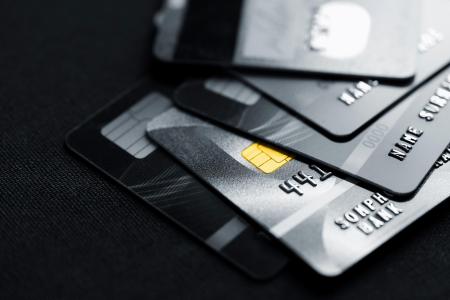
The Street: T-Mobile restricts a beloved discount, angering customers
According to recent data from the Merchants Payments Coalition, swipe fees for Visa and Mastercard credit cards totaled $111.2 billion in 2024, up from $100 billion the year before. This is an increase of more than 10% in one year alone. “With no competition to hold them in check, price-fixed swipe fees rise every year and shot up again last year,” said Christine Pollack, Merchants Payments Coalition executive committee member, in a press release.
READ MORE +
MoneyWise: Some premium credit cards have hiked annual fees by 45% — make sure ‘fee creep’ isn’t quietly canceling your rewards
“Swipe fees,” the fees charged by card networks and big banks to process credit and debit transactions, totaled $187 billion in 2024, according to the Merchants Payments Coalition, an advocacy group representing retailers pushing for lower fees. “Because the fees are a percentage of the purchase amount, they automatically go up every time prices go up, even without an increase in rates,” says the coalition.
READ MORE +
Gifts and Decorative Accessories: Illinois Bans Swipe Fees on Sales Tax and Tips, But Banks are Battling It
“Banks are desperate to deny reality,” said Doug Kantor, Merchants Payments Coalition executive committee member and National Association of Convenience Stores general counsel. “They want the court to ignore the fact that banks don’t set swipe fees and that Visa and Mastercard do. Banks hide behind price-setting by those credit card giants — and now the credit card giants are trying to hide behind banks in court to overturn a sensible law. It is simply unfair for merchants to pay swipe fees on tax and tip money that they must give to the state or employees. The credit card giants should stop punishing merchants for providing a service to the state and employees.”
READ MORE +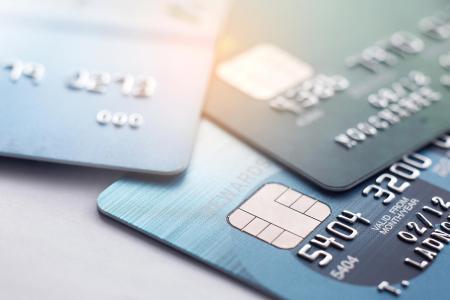
CSP Daily News: Can stablecoins cut c-store swipe fees?
At more than $187 billion, credit and debit card interchange fees reached another new record last year, according to the Merchants Payments Coalition.
READ MORE +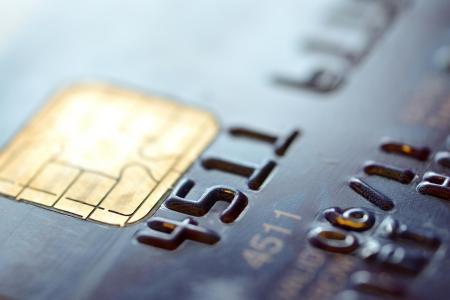
Gifts and Decorative Accessories: Big Bank Profits ‘Rapidly Rising’ While Small Businesses Suffer the Swipe-Fee Consequences
“Whether it’s annual fees charged directly to consumers or processing fees charged to merchants that drive up prices consumers pay, banks are taking more out of our pockets every day,” MPC Executive Committee member and National Retail Federation Chief Administrative Officer and General Counsel Stephanie Martz said. “Some Wall Street banks have profit margins 10 times as large as those seen by retailers, and they make those profits on the backs of small businesses struggling to keep their doors open. Congress needs to stand up for Main Street by bringing competition to our nation’s broken payments system.”
READ MORE +
CNN: Credit card rewards benefit the rich the most. Here’s who actually pays for them
“Credit card companies (are) working to serve the most affluent customers more and more,” said Doug Kantor, general counsel at the trade group National Association of Convenience Stores (and MPC Executive Committee member). These companies “try to get (high earners) more rewards at everyone else’s expense by pushing those costs on to everyone.”
READ MORE +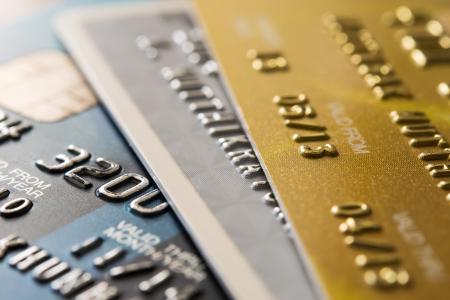
Punchbowl News: Credit card lobby gets spooky on swipe fees
We should note that the banks aren’t the first to dive into the Halloween milieu for this issue. The Merchants Payments Coalition warned that swipe fees would cost U.S. families “over $300 million” on Halloween-related expenses last month. (“A nightmare on every street,” they said.)
READ MORE +
RV Travel: Is it right we have to pay a banker every time we visit a popular national park?
The Merchants Payments Coalition (MPC) cited findings from payment consultants CMSPI that showed in 2023 that the swipe fee rate for Visa and Mastercard credit cards averaged 2.91% of the transaction amount (we at RVtravel.com pay a little more than that).
READ MORE +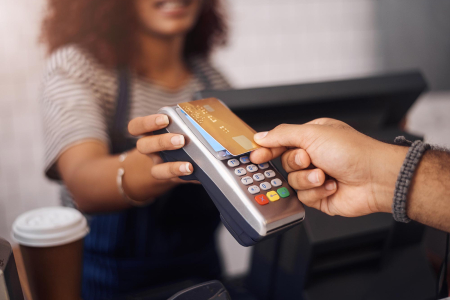
CNBC: How stablecoins could change the way Americans shop in stores
“There’s tremendous potential in stablecoins. It should disrupt, to some extent, the traditional payment space we have today with credit and debit cards,” said Doug Kantor, general counsel for the National Association of Convenience Stores (and MPC Executive Committee member). “It has the promise of faster, cheaper, more efficient and frankly, more convenient transactions for consumers and businesses.”
READ MORE +